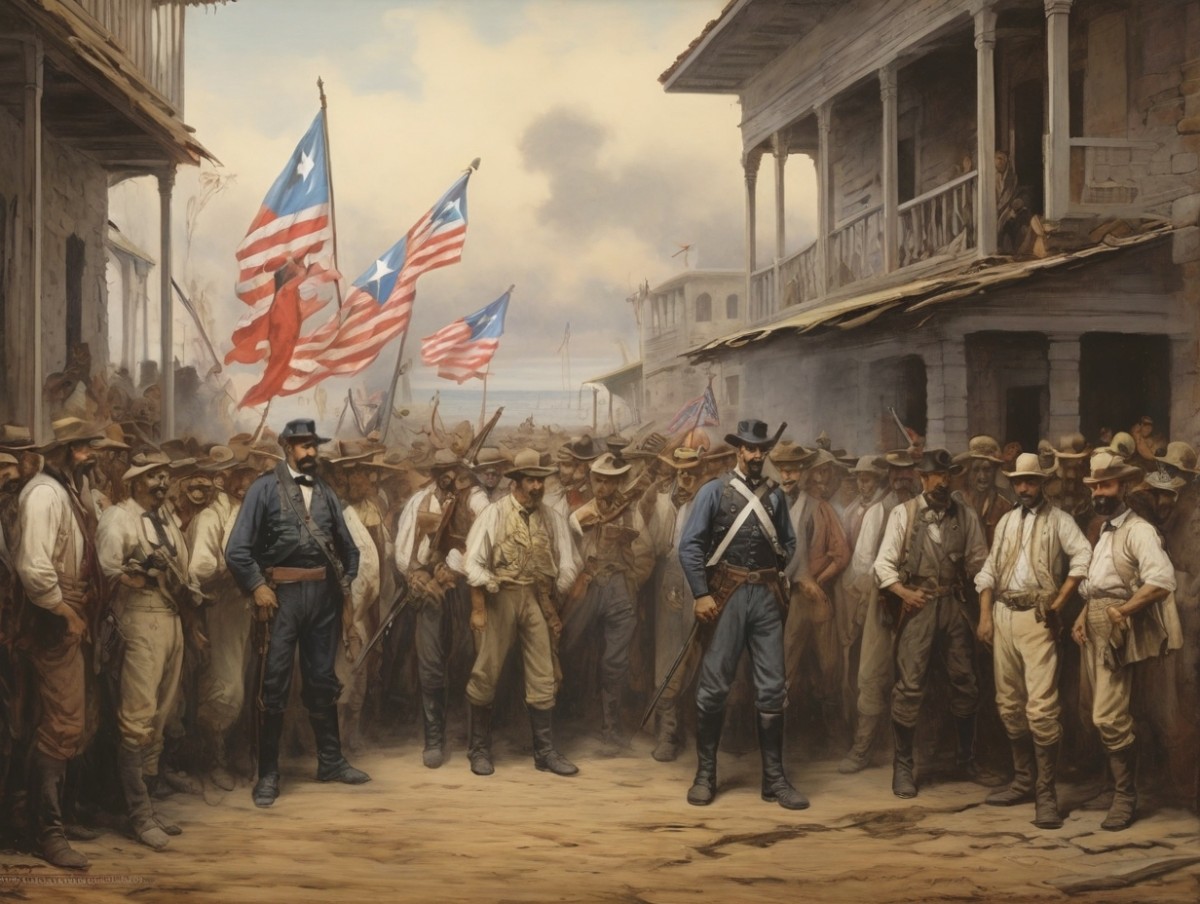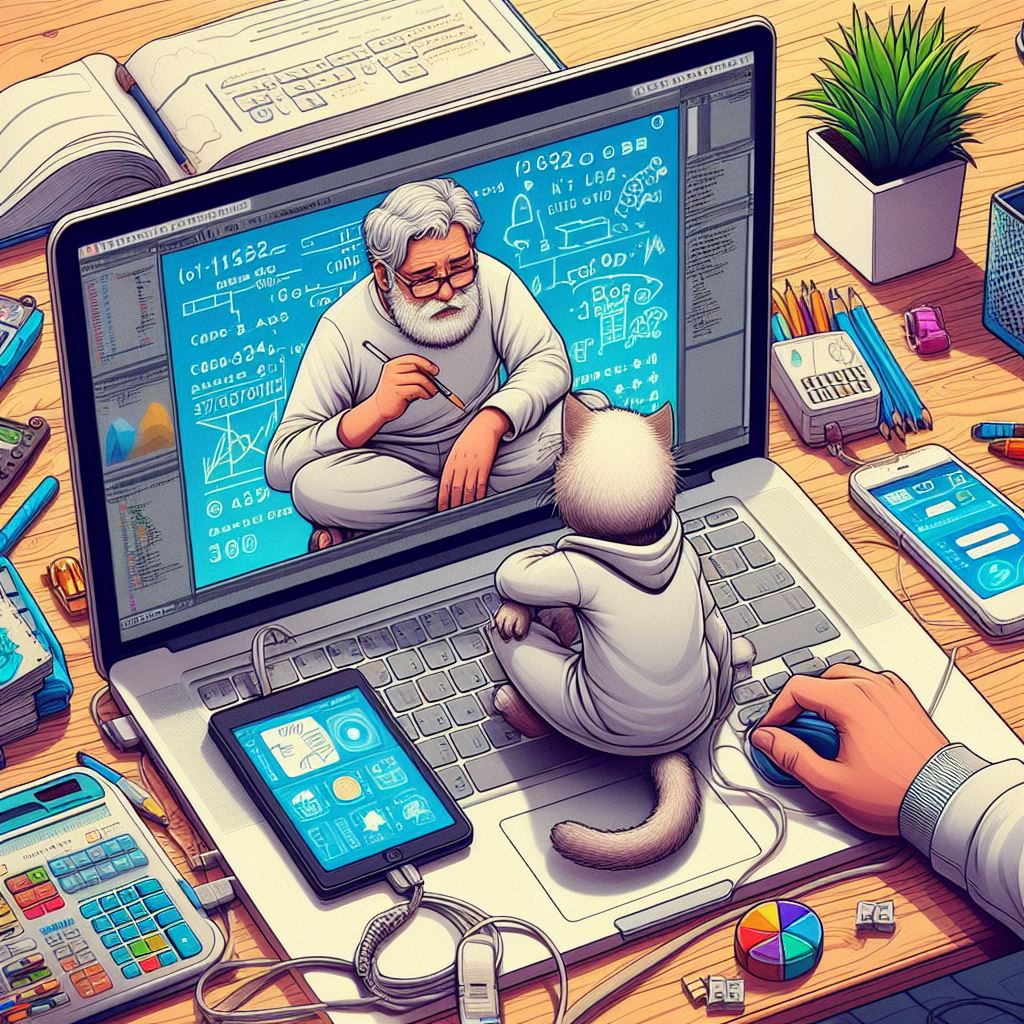Awaken Realms, the publisher set to release a special edition of the acclaimed board game Puerto Rico, recently faced backlash over its promotional artwork. Critics allege that the artwork for Puerto Rico 1897 Special Edition was generated using AI, sparking a debate on the ethics and legality of such practices in the gaming industry.
Allegations and response
The controversy ignited when fans noticed anomalies in the promotional images for the game, such as a character with six fingers and a partially drawn cart wheel, suggesting the use of generative AI. The cover art in question, which was featured on BoardGameGeek and highlighted by Dice Tower previewer Ella Ampongan, led to widespread scrutiny on social media and the Gamefound campaign page. In response to the criticism, Awaken Realms removed the controversial artwork from the campaign and replaced it with a blurred version of the original Puerto Rico cover art.
Ravensburger, the original creator of Puerto Rico, was quick to address the situation. In a statement to ComicBook.com, Ravensburger confirmed that while Awaken Realms holds the license for the special edition, the use of generative AI in any part of the art process for Ravensburger games is strictly prohibited. The incident highlights the ongoing debate within the tabletop gaming community regarding the use of AI-generated artwork, a topic that has seen mixed responses from different companies.
Generative AI in the gaming industry in a growing debate
The use of generative AI in gaming has become contentious, with opinions divided within the industry. Some companies, like Stronghold Games, have openly embraced AI-generated artwork in their products, while others have faced backlash for undisclosed AI involvement, as seen in the case of Wizards of the Coast. The incident with Awaken Realms adds to the ongoing discussion about the ethical and legal implications of AI in creative processes.
Gamefound, a crowdfunding platform founded by Awaken Realms and invested in by Ravensburger, currently needs a clearer policy on AI-generated content, unlike its competitor Kickstarter. This lack of regulation has led to speculation about the extent of AI use in Awaken Realms’ projects, despite the company’s significant online presence and engagement with fans.
Beyond AI in addressing historical sensitivities
The controversy surrounding Puerto Rico 1897 Special Edition extends beyond the AI allegations. The original Puerto Rico game and its 1897 version have faced criticism for their portrayal of colonialism. The original game was accused of whitewashing the harsh realities of slavery during the period it depicts. Ravensburger attempted to address these concerns with the release of Puerto Rico in 1897, consulting cultural experts to present a more sensitive and accurate portrayal of history. However, the game’s launch was marred by production errors and rulebook issues, leading to its withdrawal from shelves during its initial release in 2023.
The recent controversy surrounding the Puerto Rico 1897 Special Edition underscores the complex challenges facing the board game industry today. As companies navigate the evolving landscape of technology and social awareness, the balance between innovation and respect for historical and ethical considerations remains a key concern.





